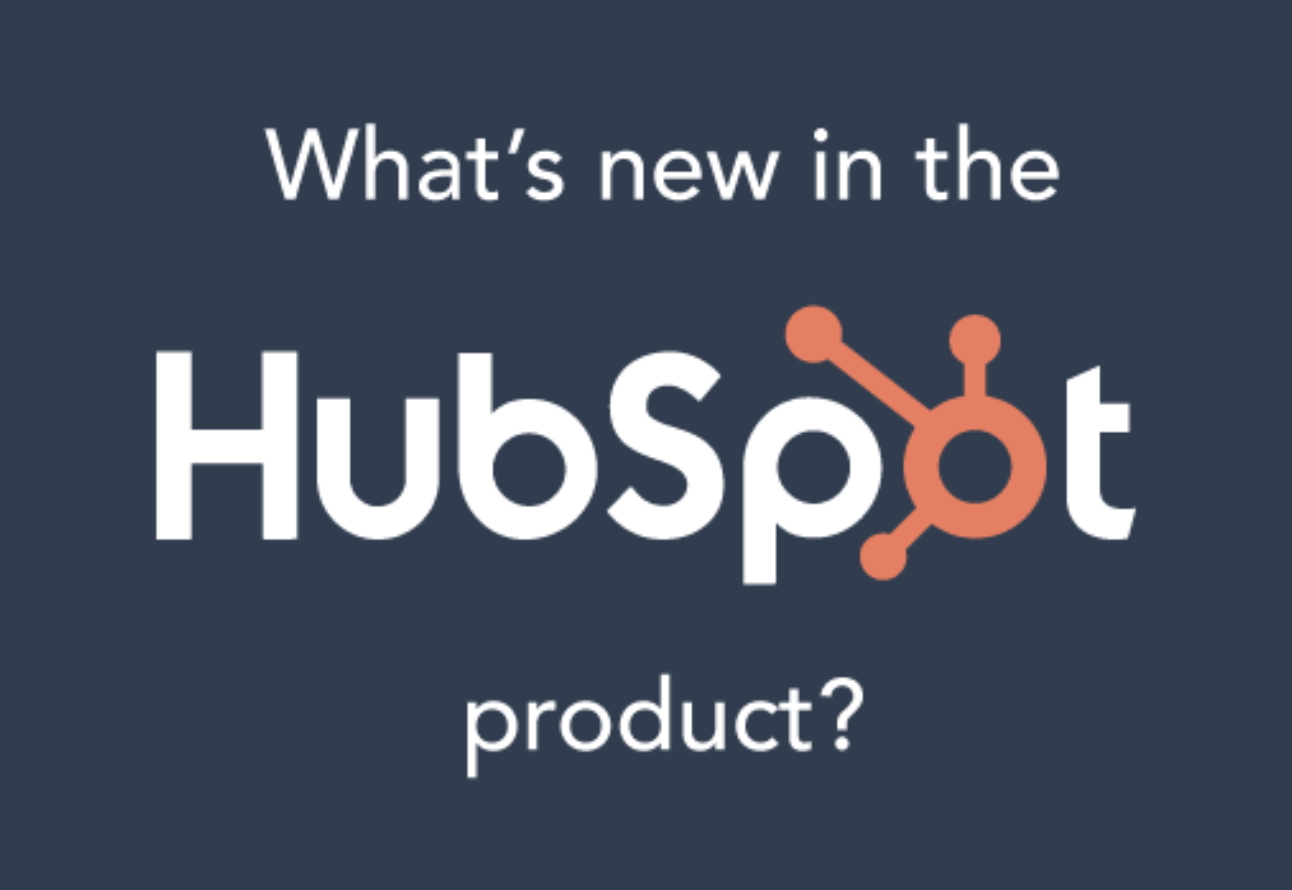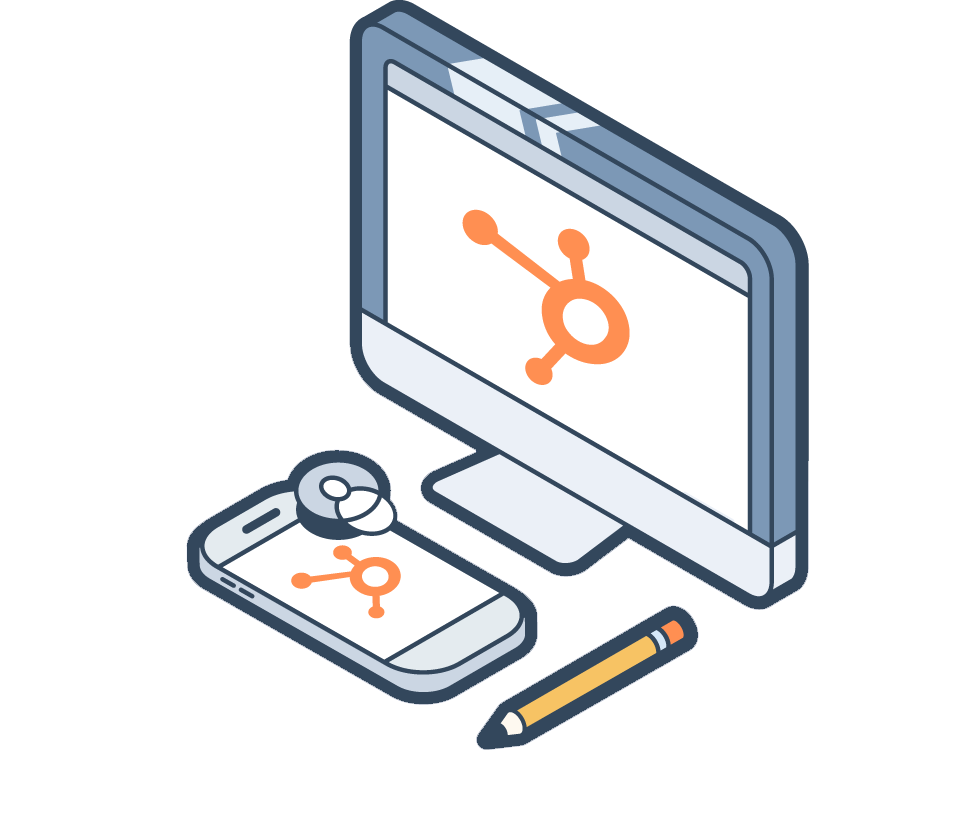There are some key questions that marketers need to ask—and answer—about artificial intelligence if they want to stay ahead of the curve.

That’s because AI is already transforming the marketing industry, and change is accelerating. Billions in funding are flooding the space, and companies are using that money to pioneer AI-powered solutions that predict, personalize, and perform at scale.
In the process, AI is having a massive impact on marketers’ performance, job security, ethical approaches, and business use cases.
Marketing AI Institute founder Paul Roetzer sat down with Kevin Walsh, product manager of machine learning at HubSpot, to answer the top questions marketers have about AI for HubSpot Academy’s YouTube channel.
Here, we recap the top questions and answers from the discussion.
1. What is artificial intelligence in marketing?
If you ask 10 experts about a definition of artificial intelligence, Roetzer says, you’ll get 10 different definitions. The simple definition he prefers is:
Artificial intelligence consists of models and algorithms that make machines smart.
Most of today’s AI applications deal with a subset of AI called machine learning. Machine learning makes predictions about the future based on historical data, then gets better at these predictions over time—without human involvement.
Even if you’ve never heard of AI or machine learning, you use it dozens, if not hundreds, of times each day.
It’s the technology that powers Google Maps, Amazon recommendations, Netflix recommendations, and countless other consumer technologies.
And, like Google Maps, AI in marketing is used to get more efficiently from point A to point B. Even though marketing AI is in its infancy, the technology is already being used to make marketing more productive, more personalized, and more performance-driven.
Check out the full video below:
2. How can marketers use AI?
A lot of marketers think they can just go ask vendors and service providers for AI, then get an out-of-the-box solution that magically fixes all their marketing problems.
In reality, AI is just smarter technology, not a silver bullet. You need to start by looking for a specific business challenge to solve or a goal that you’d like to achieve more efficiently, says Roetzer.
Start with finding viable use cases for AI, Roetzer recommends, and start asking providers of your current marketing technology where AI and machine learning fit into their roadmap.
Check out the full video below:
3. Will artificial intelligence take your job?
Roetzer says this is almost always the first question he gets when he gives talks on AI. Realistically, no one can accurately predict what’s going to happen five years from now, he says.
We can make only educated guesses at best. And Roetzer’s educated guess says that AI is primarily intended to augment and enhance the capabilities of humans, creating an effective pairing of human and machine.
But we would be wise to also realize that the companies driving innovation in the space have obligations to shareholders. If these firms can find ways to intelligently automate away tasks traditionally done by humans, they will.
This is a critical conversation the industry needs to start having, says Roetzer, because it’s very likely that some marketing jobs will cease to exist in the near future thanks to AI. If your job is to A/B test landing page or do telemarketing, you might be particularly at risk.
Check out the full video below:
4. What are the ethical concerns of AI in marketing?
With AI, marketers may be able to achieve the promise of true personalization at scale. But, to do that, they’ll need to access massive amounts of consumer data.
This raises ethical questions.
Consumers often seem content to let Google Maps or Netflix or Amazon access their data for increasingly personalized and valuable services. Yet, sweeping data privacy laws like the European Union’s GDPR have also been passed to limit what companies can do with consumer data.
There are countless examples of privacy being exchanged for personalization/convenience—and the opposite. And you can bet that the evolving balance here will inform how marketers are able to collect and use the data that powers innovative AI solutions.
Check out the full video below:
5. How can marketers get started with AI?
Roetzer says there are three steps to get started with AI.
First, look at all the activities you do every day, and rate how long it takes you to do each one. Start with the most time-intensive tasks and begin researching how AI might be able to do those tasks for you.
Second, think about the data you have access to as a marketer. Do you have data you (and AI) can use to better personalize your messages or tell better stories?
Third, start talking to your core tech providers. Chances are, the current platforms you use daily incorporate AI and machine learning, or will in the near future. Don’t be afraid to ask providers where AI is on the product roadmap, and bet on the companies taking a strategic approach to building smarter products.
Check out the full video below:
Discover AI in your own HubSpot account with chatflows:
Access Your Chatflows in HubSpot
At the end of the day, marketers need to be curious.
Artificial intelligence in marketing is still in its very early days—which provides marketers like you with an opportunity. If you develop the right approach to AI now, you can secure a massive competitive advantage in the marketplace.
If you want to build that competitive advantage faster, I encourage you to join us at the upcoming Marketing Artificial Intelligence Conference (MAICON).
MAICON is designed to help marketing leaders truly understand AI, educate their teams, garner executive support, pilot priority AI uses cases, and develop a near-term strategy for successfully scaling AI.
MAICON has 40+ sessions and 60+ speakers from companies like Amazon and Softbank Robotics, all of which are designed to help you build a real competitive advantage with AI. Learn more here.
Want to connect with others on HubSpot tips, tricks, and updates? Head over to the HubSpot Community to join a conversation or start one of your own.










